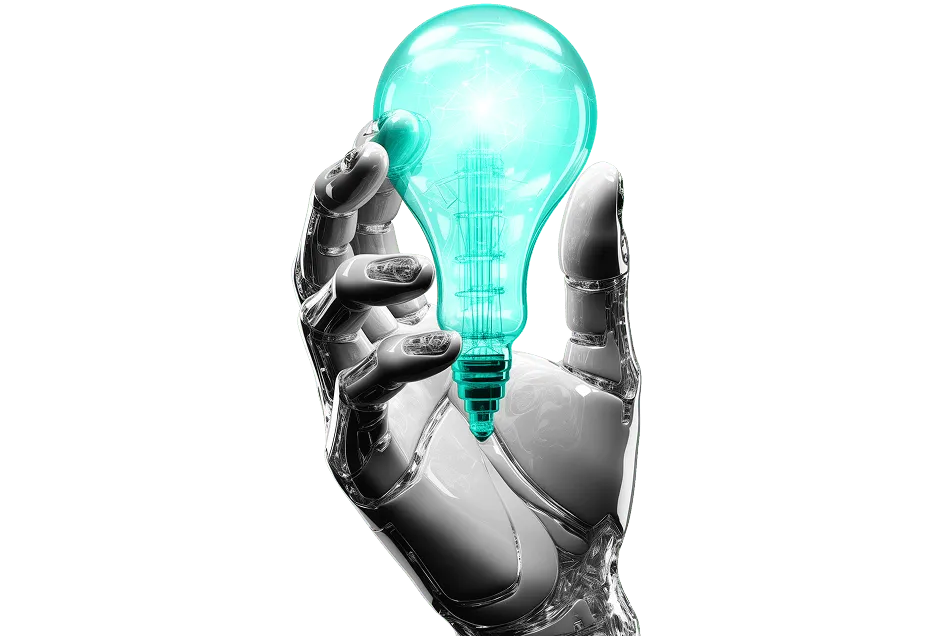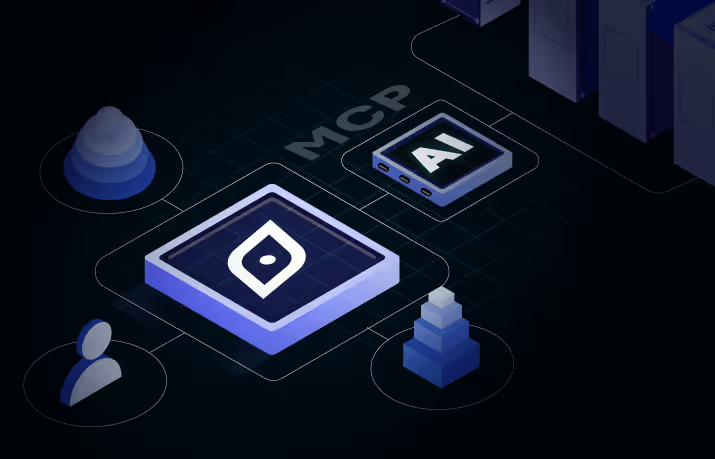The Future of HR : Top 10 predictions for HRs in 2022
Since the arrival of COVID-19, the modern workforce is constantly adjusting to the unprecedented crisis with either a hybrid or complete work-from-home culture. Talent acquisition teams are moving to operate faster, with the market becoming increasingly competitive every day. Combine these issues with the ongoing talent war, and HR turns of great importance today. To win the talent war in the unpredictable future of work, HR needs to revisit its strategies and modernize its approaches to talent management. In this article, we explore the future of HR and the top 10 predictions for HR that will shape this relevant function in 2022.
Top 10 HR Predictions That Will Shape the Future of Work
Building a Hybrid Culture
The debate between an antiquated presence-based work philosophy versus remote is set to dominate conversations in 2022. This has also been reported as one of the prime causes of “The Great Resignation” and is already a problem HRs are constantly trying to solve and is one of the strongest HR predictions for 2022.
In such a situation, HR can take up the role of a guide to help leaders take an empathetic approach in meeting their employees at a common ground. HR can also help the employees navigate the “hybrid paradox,” where people want the flexibility to work from anywhere but simultaneously crave more in-person connections.
We are already witnessing this in companies including Spotify, Standard Chartered, and IBM. Getting a hybrid work culture right could be a powerful advantage against the growing threat of the talent war.
Beyond the HR role
Over the last two years, the pandemic, return-to-office, and the debate on hybrid work have turned into pressure points for HR.
Today, HR is entrusted with much greater responsibility than ever. It’s not just the pandemic, either. Skills, employee experience and wellbeing, mental health in the workplace, diversity and inclusion, and sustainability are some of the critical roles HR has to play.
HR professionals have a unique opportunity to redesign workplaces that put the employee at the center and craft organizational cultures that are more inclusive, healthier, humane – and ultimately more successful.
People Analytics is the Future
The pandemic has advanced people analytics into a new era. In the last two years, HR has required a much deeper understanding of their workforces to inform their response to the pandemic and hybrid work as well as other relevant topics, including reskilling, D&I, and employee wellbeing.
Leading companies are heavily investing in people analytics, building bigger teams, and powering a data-driven culture for HR. This is one of the most powerful predictions for HR in 2022. As per a recent report, 90% of CHROs unanimously conclude that people analytics is an essential part of HR strategy.
Advancing to the Skills-based Organization
Skills are the new workforce operating system set to transform talent management from the core. A recent research into the future of workforce planning found that companies that plan their workforces focusing on skills and use new sources of external data to explore not just existing skillsets but also emerging skillsets will take the lead in quality talent.
Close to 90% of global enterprises are working on building a skills-based organization, but only a quarter are currently doing so. The amount of work required to make a skills-based organization should not be underestimated. However, it has the potential to create massive value for the business, and HR needs to be a catalyst to this transformation.
Amplifying the Employee Voice
Perhaps a positive consequence of the pandemic has been that most leaders are much more interested in employee experience. This has led to multiple employee listening programs in organizations to prioritize employee well-being and better productivity. This was an early prediction for HR coming up around 2020.
Microsoft would be a suitable example for this. The company measured the insights from a daily pulse of 2,500 employees coupled with analysis of collaboration data that helped shape their approach to hybrid work.
This comes with enormous potential and could inform decisions that drive outcomes in a variety of crucial areas. Areas including D&I, reducing bias, developing leadership behaviors, improving team effectiveness, and elevating mental health could also take the lead.
This will lead to a healthier and psychologically safe culture that drives better business performance and provides the perfect antidote to the ‘Great Resignation.’
DEIB Moves From Discussions to Reality
Diversity, equity, inclusion, and belonging (DEIB) has long been cited as an area of untapped potential, but a unique set of circumstances is helping to tip the scales.
The evidence of the business value of DEI is more readily available while the racial inequality crisis has catalysed organizations into action. Also, the amplification of the employee voice has made it clear to leaders that action on DEIB topics is now expected by the workforce.
Unlocking the Trust with Ethics
It’s essential to build trust in the use of people data and tackle ethics and privacy in the best way possible. One step is the development of an ethics charter that provides transparency and governs the wise and ethical use of people data.
By being transparent about the approach to ethics, an organization is likely to gain more trust from employees. By creating trust, organizations can access more people data from employees and deliver more value.
With global regulators increasingly looking at legislation to govern the use of AI by organizations, we expect to see more companies governing the use of people data in 2022.
Sustainability and Society Join HR
HR has a strategic role to play in different segments of not just the organization but also the society as a whole. HR has to help achieve climate and sustainability goals, meet employees’ expectations and adapt to the changing talent equation.
HR’s purpose extends beyond sustainability and is intrinsically linked with other societal topics such as diversity, equity, and inclusion. This prediction is more likely to play out over the longer term than the next 12 months, but it deserves mention.
Investment in Talent Intelligence Continues
Growth in the HR/Work Tech market has surged since the start of the pandemic and is set to top USD 15 Bn in 2021, massive growth of over 300% from last year.
There are now estimated to be at least 24 work tech unicorns. HR is increasingly moving to talent intelligence to manage the range of issues they face, including higher attrition, lower employee engagement, and more.
It is safe to predict that talent intelligence in these four sub-categories will flourish in 2022.
- Market data and analytics
- Global Talent Hotspots
- Skills and workforce planning
- Organizational network analysis.
As HR’s role continues to evolve, so will talent intelligence powering this function. Talent intelligence tools like Draup are already helping Fortune-500 enterprises tackle their talent management issues, and we expect to see more of this in 2022.
HR Needs Upskilling/Reskilling
To meet the increasing expectations of leaders and the workforce, the skills of HR professionals also need to evolve. Certain specialized skills, when acquired, will enable HR to solve business challenges, have a greater influence on strategy, support the creation of inclusive cultures and deliver an enhanced employee experience.
In a recent study of over 100 global organizations, it was found that 90% of CHROs consider data and analytics as an essential part of HR strategy, and skills that help HR adopt a data-driven approach will help.
To solve this problem and provide HR teams with a structural framework for re/upskilling, Draup has developed an AI-powered reskilling framework.
Connected with over 4000 data sources, the AI platform uses proprietary models to detect job roles at disruptions and identify adjacent skills they can learn to stave off job role redundancy.
With the Reskill Simulator tool, HR teams can visualize the end-to-end reskill process for over 4500 job roles from a single dashboard.










.svg)
















.svg)





.svg)





.svg)
